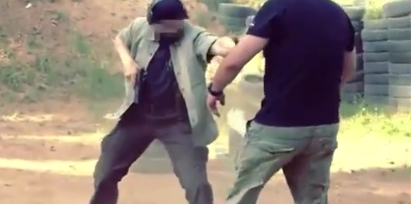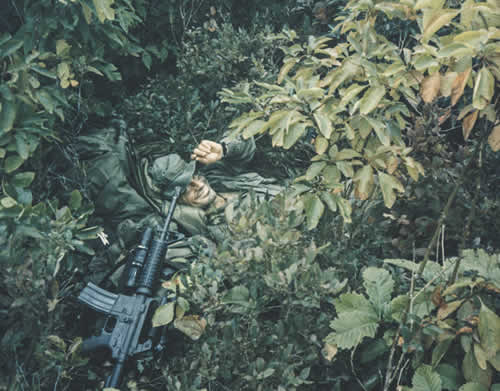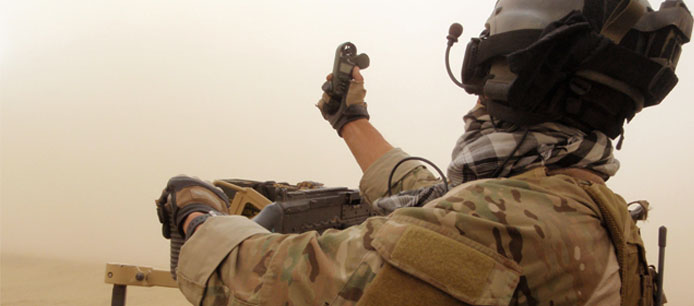Knowlton’s Rangers
Did George Washington have Commandos?
During the American Revolution George Washington didn’t have any Tier-1 Spec Ops, but he made the most of what he had. When we think of modern day Special Forces, we think of Seal Team 6, Delta Force and the Green Berets.
Back in the day of the American Revolution era, what did George Washington have?
In a time where warfare was all about marching to fife and drum then lined up in rows to blast away with muskets at fifty paces. What did they know about unconventional warfare?
According to retired U.S. Army colonel Robert Tonsetic explains that unconventional warfare was a major part of the War of Independence. He states traditionally special operations has a long historic roots dating back to King Philip’s War of 1675, when the Plymouth Colony formed “an experimental group of men who would train and operate using Native American tactics to attack Indian war parties, and raid their camps in the dense forests and swamps.”
However, if you were to ask other researchers, special operations existed back into the B.C. era. (that’s for another article)
Roger’s Rangers were famous in the French and Indian War, where Indian and French troops ambushed British regulars and American militia.
By the time when the American Revolution was underway, Ethan Allen and his Green Mountain Boys—a band of Vermont irregulars—used small boats to cross Lake Champlain and seize Fort Ticonderoga in a coup de main in 1775.
Washington Commandos
Getting back to Washington’s spec ops soldiers, he created “Knowlton’s Rangers”, under the command of Lieutenant Colonel William Knowlton. They were an elite unit designed for reconnaissance, espionage missions and outfitted as a regiment of light infantry.
Knowlton’s Rangers, outfitted as a regiment of light infantry, took part in several battles of the American Revolutionary War. Knowlton’s Rangers are considered the first organized American elite force, a predecessor to modern special forces units.
Tonsetic also talks about partisan warfare by bands of American irregulars in New Jersey and the South that wreaked havoc with British supply convoys and couriers. American partisans also undermine British political control and eliminated Loyalist sympathizers. It is unknown if these groups were tied to Washington’s creation, obviously they were all on the same page for objectiveness. Sound familiar to the Viet Cong operations during the Vietnam war?
By Sea as well
No Seal Team 6 or Force Recon here, but there was the “Whaleboat Wars,” in which Continental troops and partisans used small boats to capture British officers and destroy British shipping, such as the thirteen-boat raid on Sag Harbor, Long Island in May 1777 that destroyed thirteen ships and numerous supplies.
John Paul Jones also makes an appearance as a special operator, as he and his warship Ranger stalked British shipping and raided British ports. He caused the British government and Royal Navy great embarrassment.
In Tonsetic’s book on operation in an era when warfare was supposed to be gentlemanly and follow certain rules, did Washington and his contemporaries embrace special operations? The answer/observation from reading historic facts would seem to be, “Yes.” Even if they didn’t use the term “special ops,” they were willing to employ elite reconnaissance units, spies, and partisan bands to gain battlefield advantage.

Sources: Wikipedia, Special Operations in the American Revolution by Robert L. Tonsetic , Michael Peck



